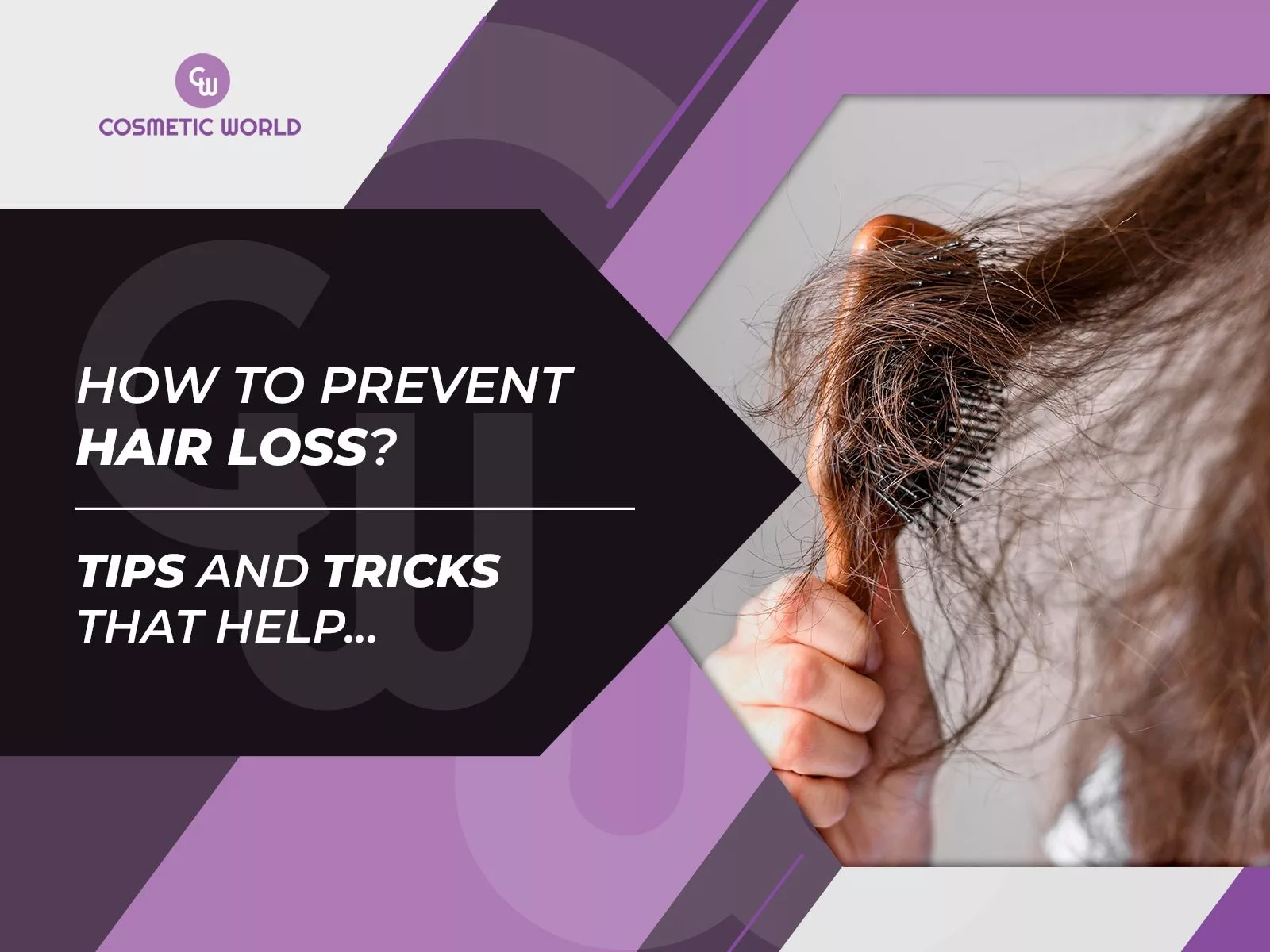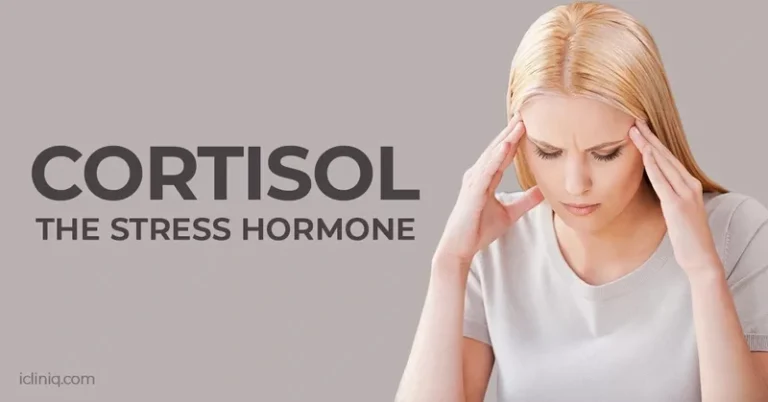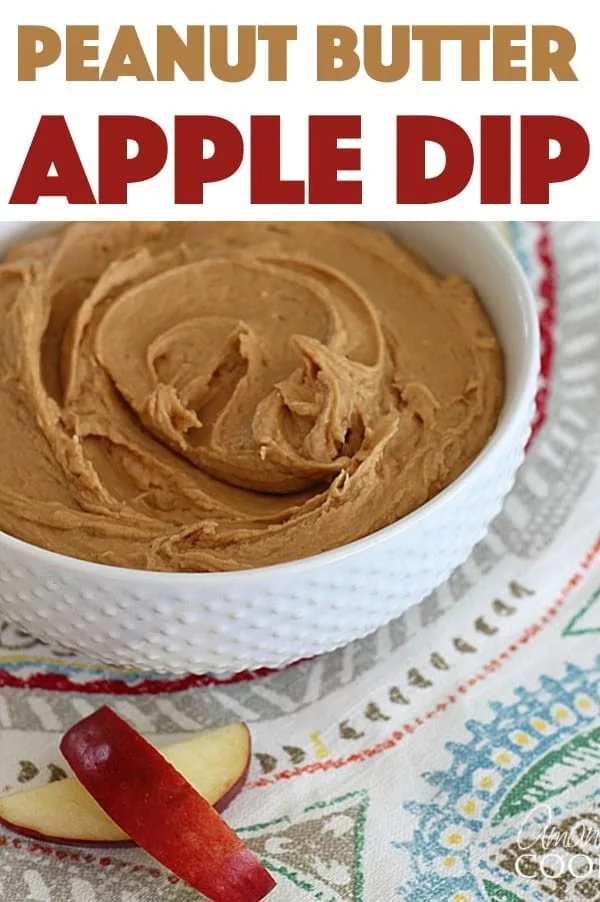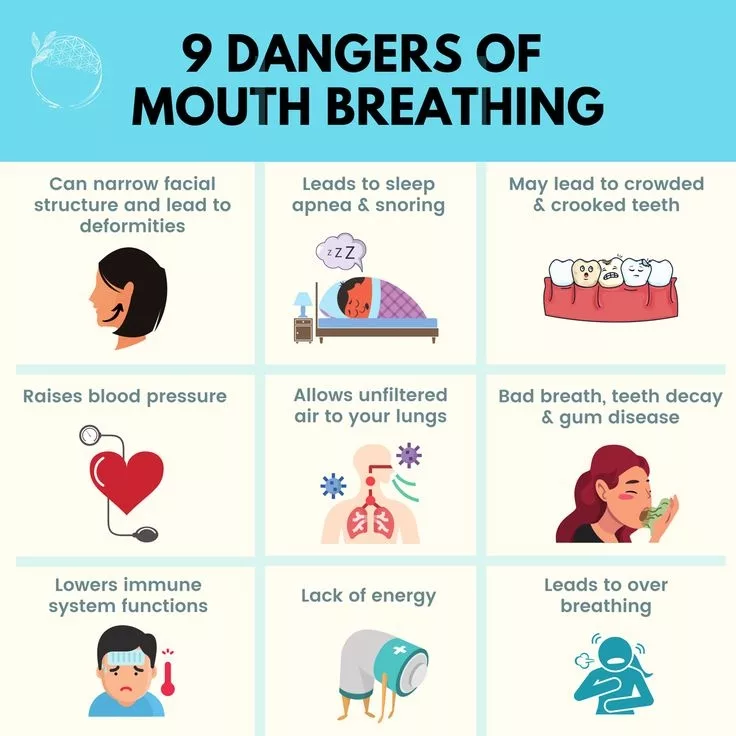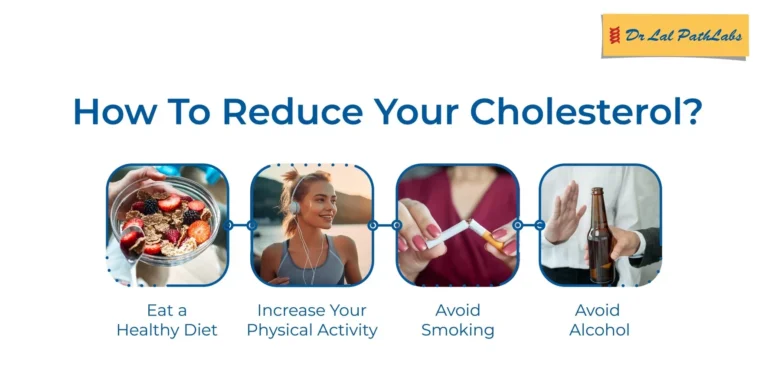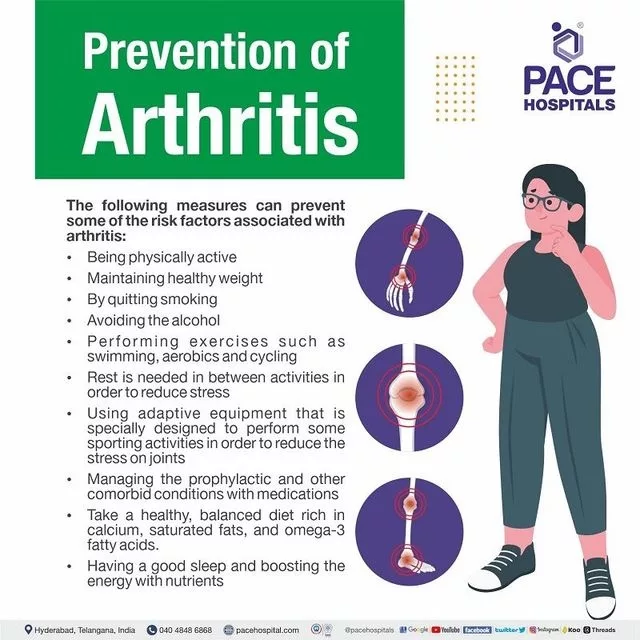Hair Loss Prevention
Let’s Remember These Hair Loss Prevention Tips!
Hello! Nowadays, many people are worried about hair loss, right? I’m one of them, so today I want to share a few tips that can help prevent hair loss! These are simple but important pieces of information, so let’s learn together!
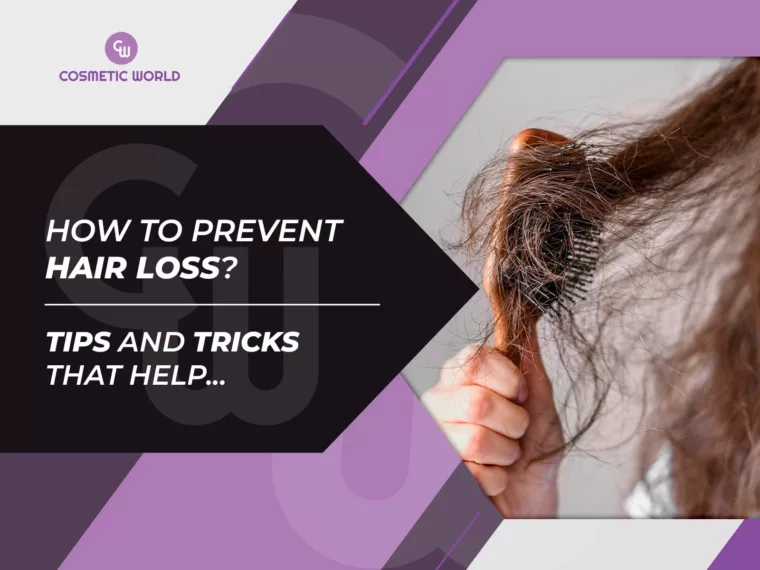
Understanding Types of Hair Loss
Hair loss can be categorized into various types, each with different causes and treatment methods. Generally, it is classified into androgenetic alopecia, alopecia areata, telogen effluvium, and stress-related hair loss. Androgenetic alopecia occurs due to genetic factors and typically affects both men and women. Alopecia areata is a condition where hair suddenly falls out from specific areas, thought to be caused by an abnormal immune response. Telogen effluvium usually occurs after severe stress or illness, causing hair to enter the resting phase and fall out. Understanding these different types of hair loss can help in seeking appropriate prevention and treatment methods.
Major Causes of Hair Loss
Hair loss can occur due to various reasons, with genetic factors being the most significant. However, environmental factors, stress, hormonal changes, and nutritional deficiencies also play important roles. For example, dihydrotestosterone (DHT), a modified form of the male hormone testosterone, shrinks hair follicles and causes hair loss. Additionally, an unbalanced diet or stress can disrupt the hair growth cycle and promote hair loss. Identifying these causes and taking preventative measures in advance is important.
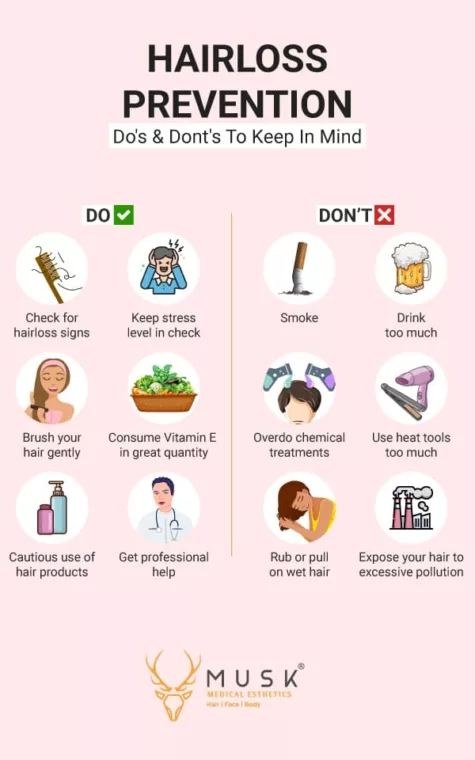
Importance of Scalp Health and Hair Care
Scalp health is essential for hair growth. A healthy scalp allows hair follicles to activate and produce strong hair. Regular scalp cleansing and care can remove oils and impurities, enhancing hair health. Scalp massages can also promote blood circulation, aiding hair growth. It is essential to maintain appropriate humidity and temperature levels and avoid products with harmful chemicals. These care methods play a crucial role in maintaining long-term hair health.
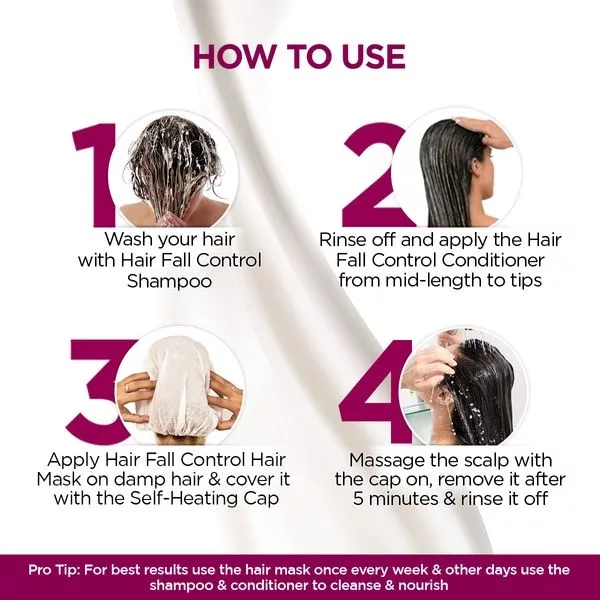
Impact of Nutrition on Hair Growth
Various nutrients are essential for hair growth. Particularly, proteins, vitamins A, C, D, E, and minerals like zinc and iron help support healthy hair growth. Proteins are the building blocks of keratin, the main component of hair, while vitamins and minerals support its physiological functions. Therefore, adequate nutrition is vital for preventing hair loss. Foods known to be beneficial for hair include fish, nuts, and spinach, so it’s good to consume these in a balanced manner. Proper nutritional management contributes to preventing hair loss and maintaining healthy hair.
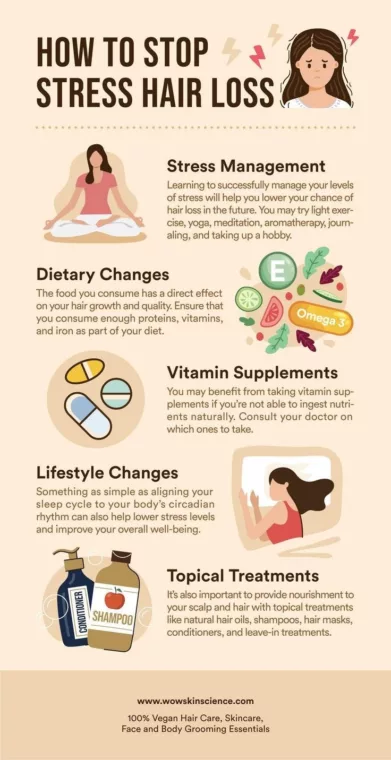
Preventing Hair Loss through Stress Management
Stress is known to be one of the major causes of hair loss. Psychological stress can lead to hormonal imbalances, disrupting the hair growth cycle and causing hair loss. Thus, managing stress is an essential part of preventing hair loss. Techniques such as meditation, yoga, and deep breathing can be used to reduce stress, and regular exercise is also effective. Additionally, getting sufficient sleep and rest in daily life can help lower stress levels. Properly managed stress can contribute to maintaining hair health and preventing hair loss.
Prevention Strategies through Lifestyle Improvement
Healthy lifestyle habits are very important for preventing hair loss. Avoiding smoking and excessive alcohol consumption is advisable, as they can impair blood circulation and negatively affect hair growth. Furthermore, balanced meals and adequate hydration are essential foundations for hair health. Ensuring at least 7-8 hours of sleep per night helps recover the body’s fatigue and effectively supply the necessary nutrients to the scalp and hair. Finally, using sunscreen or scalp protectants to guard against harmful external environments is crucial.
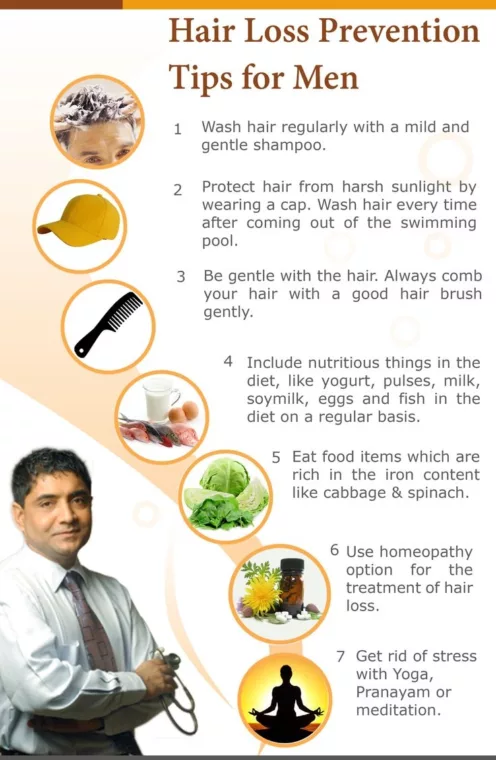
Recommended Products for Hair Loss Prevention
There are various products available for preventing hair loss. Scalp-specific products like anti-hair loss shampoos can maintain cleanliness and provide nutrients to the hair. Essence or oil products can help keep hair strong by supplying moisture to the scalp and hair. Additionally, taking supplements that contain B vitamins or amino acids can have a positive effect on hair growth. Of course, it’s important to choose products that are tailored to an individual’s scalp type and hair condition. These products can maximize their effectiveness when used correctly.

Exploring Expert Consultation and Treatment Options
If you are concerned about hair loss, seeking consultation from a professional is essential. Dermatology or hair loss specialty clinics can provide accurate diagnoses and optimal treatment options based on your hair loss type. Various treatment methods exist, including medication, laser therapy, and hair transplants, so it’s important to choose the appropriate method according to your situation. Receiving expert help in the early stages can prevent more severe hair loss from developing. Therefore, regular check-ups and consultations are advisable to maintain healthy hair.
